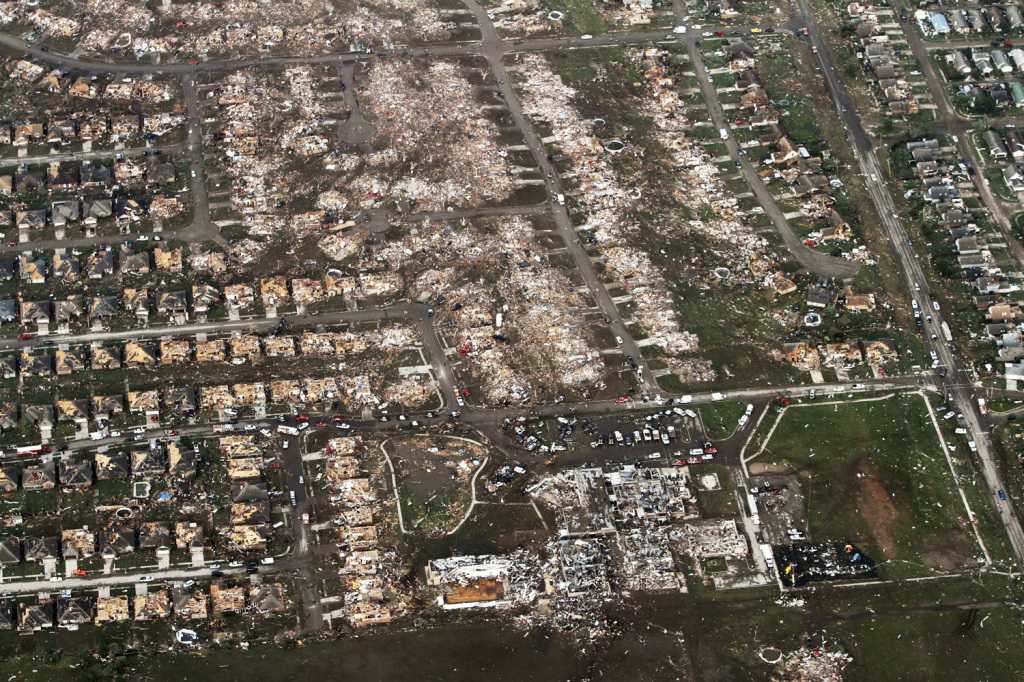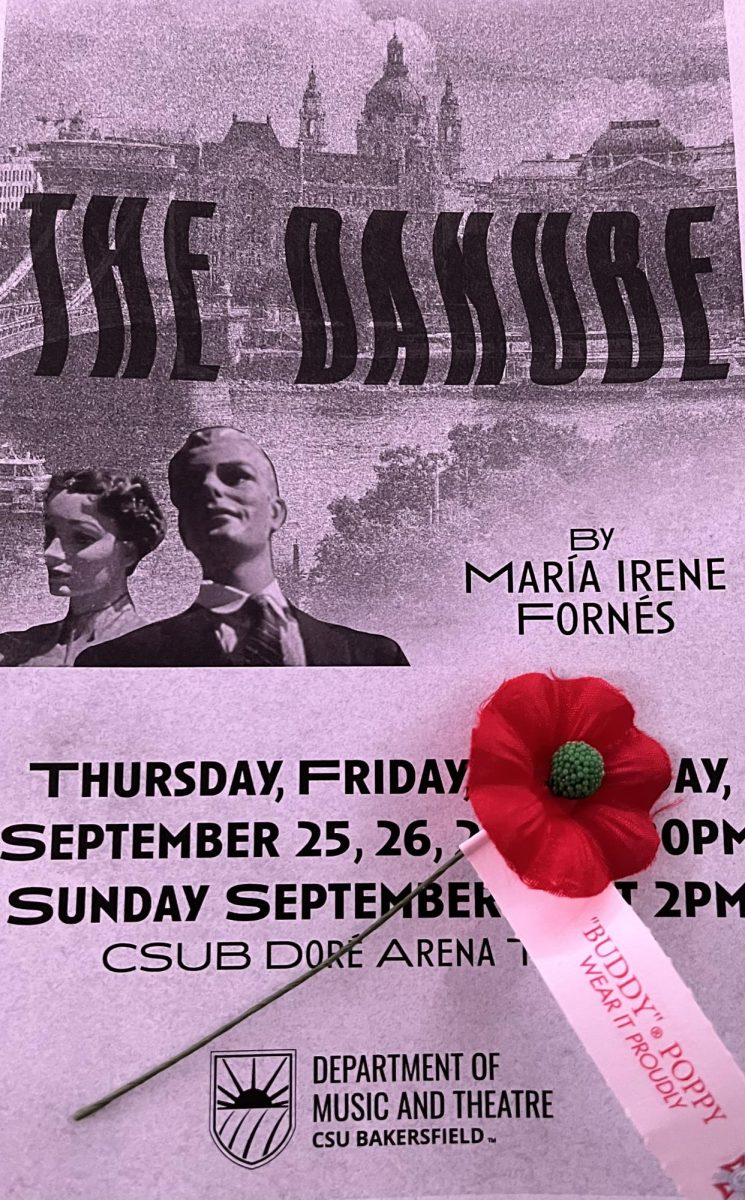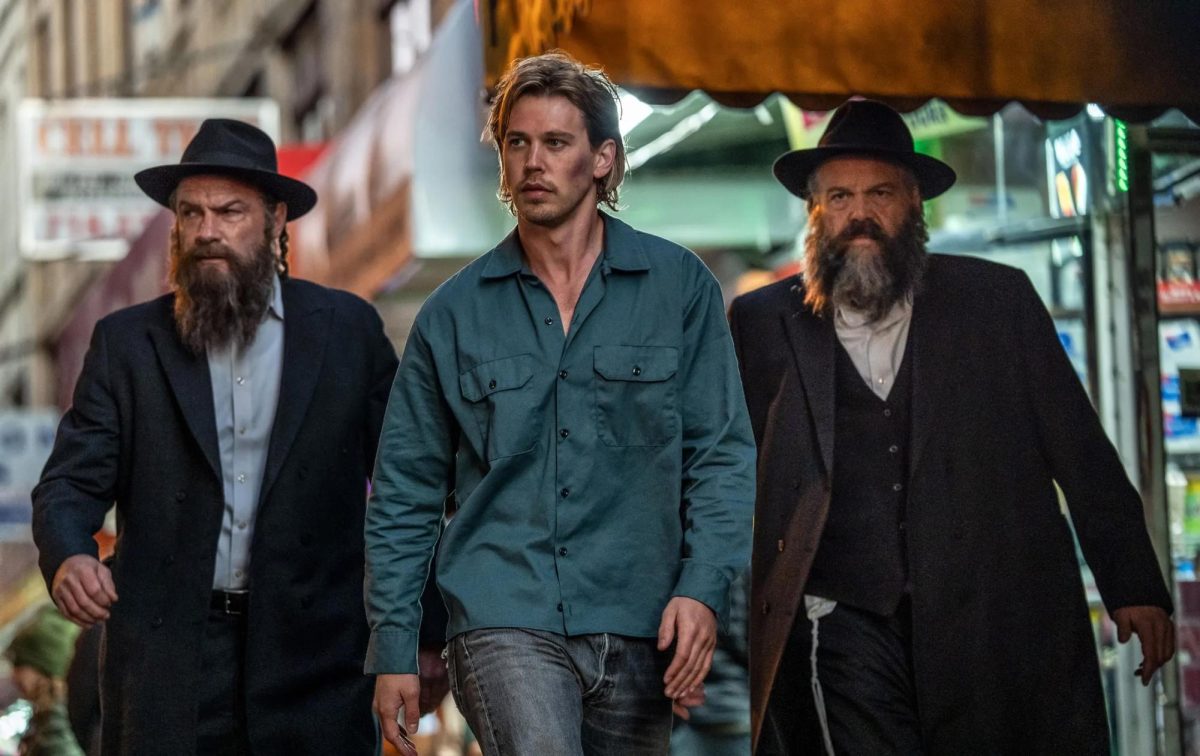Staff Writer
Two weeks ago, a powerful tornado tore through Oklahoma, killing 24 people. The coverage of this tragedy has brought to light an imbalance in the coverage of death by our media. ABC, CNN, NPR and NBC have all covered the story, adding that among the dead, 10 children are included. The specificity of the stories’ descriptions calls into question the value of an individual life.
A life has no real objective value aside from the current monetary worth of the person – so why is it that the media sensationalizes the life of a child? Other than getting the story into the mainstream, their goal is to get their story the most publicity. Our subjective view of a child’s life feeds this kind of media frenzy, and if we continue to support that type of news, it’s no different than what we will keep receiving.
If we do keep allowing this kind of coverage to continue, other effects may take hold. Although not an intended outcome of the stories, the implication is that the lives of all 14 non-child victims are somehow worth less. Morally, do we truly think that the death of an adult is somehow less troubling than the death of anyone else? For the sake of our society’s evolution, I hope that is the opposite of the case.
We pride ourselves on being an accepting nation that was once (and still is to a lesser extent) an escape for people with conflict in their own home countries. Although not nearly as serious as other issues we face, this inequality in reporting could eventually amount to something serious. I fear the day when an elderly person is hardly mourned because they “didn’t have much time left” in comparison to somebody younger.
Although this incident is entirely tragic, and I do not mean to diminish the horror anyone involved in the tornado experienced, we can’t let ourselves exclude the pain or suffering of any one person.
In addition to recent news coverage of the tornado, the Boston bombing victims have recently been in the spotlight for discussions of reparations that may or may not be received based on the subjectivity of each victim’s injury. In a story by The Boston Globe, the subject of distributing money to each individual case was described by the presiding lawyer, Ken Feinberg as “a ‘horrible undertaking’ that cannot satisfy everyone.”
The distinction for the Boston Bombing reparations are based upon the nature of injury each subject underwent (not excluding those who died), with highest priority to those who had brain damage or a double amputation. However, these cases are nowhere near cut-and-dry, so presiding over the cases will be a long and difficult process for everyone involved.
A pretty clear distinction between the importance of each case is heavily implied here, and it rides the same type of line that the importance of an individual’s life does. It is very important to remember that we can’t always let ourselves be distracted by what kind of person is being affected by any tragedy. We need to remember that in times of strife, everyone is experiencing their own trial, and that we need to focus on not diminishing their suffering in any way.





